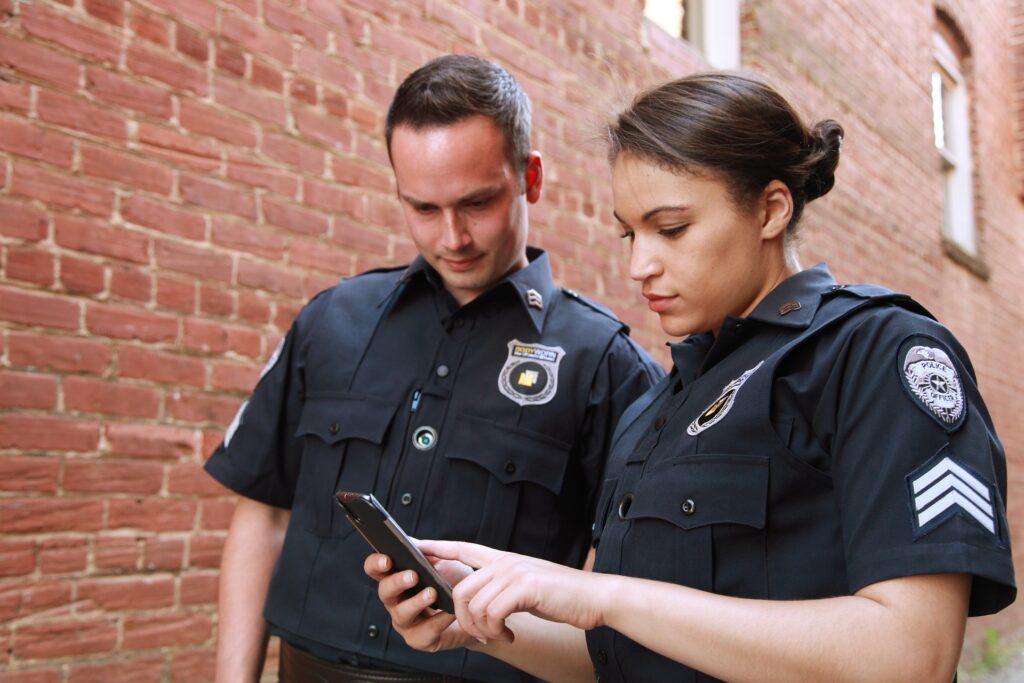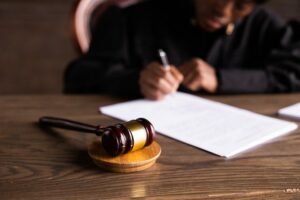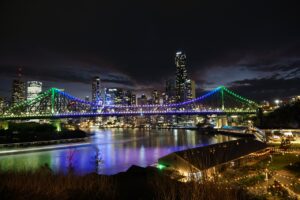The difference between Law and Discretion can be difficult to grasp. Law is what has been decided in parliament and discretion is what courts decide.
For example,
According to s 420 of Police Powers and Responsibility Act 2000 (Qld), there are specific procedure police has to follow when questioning an Aboriginal and Torres Strait Islanders. Those are:
(1) This section applies if—
(a) a police officer wants to question a relevant person; and
(b) the police officer reasonably suspects the person is an adult Aborigine or Torres Strait Islander.
(2) Unless the police officer is aware that the person has arranged for a lawyer to be present during questioning, the police officer must—
(a) inform the person that a representative of a legal aid organisation will be notified that the person is in custody for the offence; and
(b) as soon as reasonably practicable, notify or attempt to notify a representative of the organisation.
(3) Subsection (2) does not apply if, having regard to the person’s level of education and understanding, a police officer reasonably suspects the person is not at a disadvantage in comparison with members of the Australian community generally.
(4) The police officer must not question the person unless—
(a) before questioning starts, the police officer has, if practicable, allowed the person to speak to the support person, if practicable, in circumstances in which the conversation will not be overheard; and
(b) a support person is present while the person is being questioned.
(5) Subsection (4) does not apply if the person has, by a written or electronically recorded waiver, expressly and voluntarily waived his or her right to have a support person present.
(6) If the police officer considers the support person is unreasonably interfering with the questioning, the police officer may exclude the person from being present during questioning.
Now, if the person who was questioned has provided information that could be considered as evidence but police failed to follow those procedures, then that evidences would unlawfully obtained. This is law, court may not have the power to say that even if the police failed to follow s 420 of PPRA Act, it is not unlawfully obtained evidence.
But the court has power to decide if those evidence would be admissible or not. This is what discretion is. It means that even if an evidence was obtained unlawfully, the court has the discretionary power to accept those unlawfully obtained evidence as admissible.
Section 130 of Evidence Act 1997 (Qld) states,
130 Rejection of evidence in criminal proceedings
Nothing in this Act derogates from the power of the court in a criminal proceeding to exclude evidence if the court is satisfied that it would be unfair to the person charged to admit that evidence.
So, the discretion is that a court has complete power to decide which is right according to the circumstance.
Also I must include some examples, an interview of a suspect for an indictable offence must be recorded. If not, it’s out. Similarly, an interview given because the police made a threat or promise is out. There’s no discretion. (Special thanks to Mr. Ken Mackenzie for his valuable opinion).
Related Cases
BUNNING v. CROSS (1978) 141 CLR 54 – His Honour States, “When a person is unlawfully required to incriminate himself, the evidence should be rejected in other than exceptional cases”.
R v Ford [2017] QSC 205 – Evidence was excluded
R v Bennetts [2018] QCA 99 – Evidence was admissible, Defendant was not suspect when questioning









